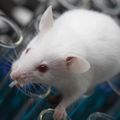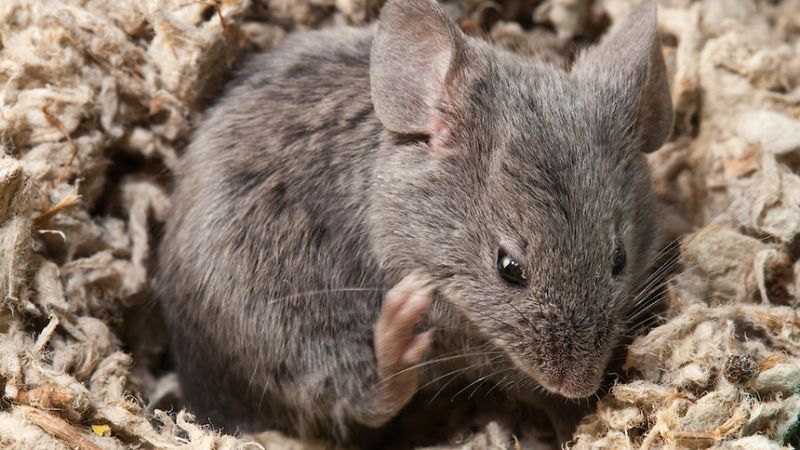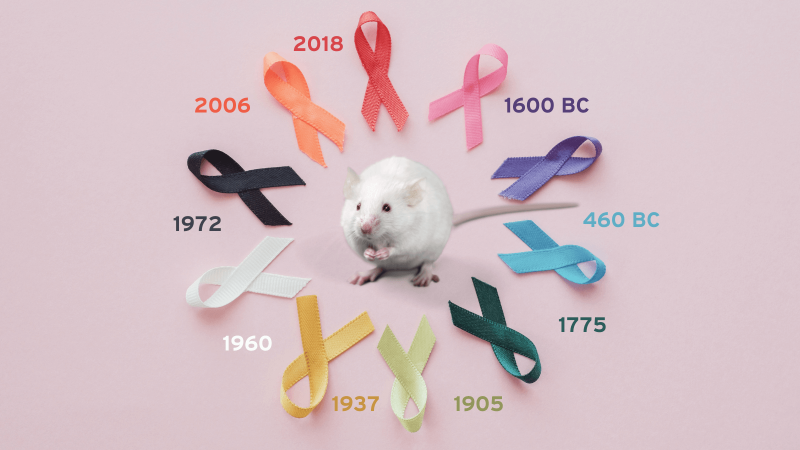Text to go here...
 A chemical tested in mice, cell cultures and human biopsies has proved highly effective in preventing the growth of tumours. By identifying a new role for a well-known protein in tumour formation, scientists were able to develop an inhibitor to block its action. The findings point to promising new ways to treat a wide range of cancers.
A chemical tested in mice, cell cultures and human biopsies has proved highly effective in preventing the growth of tumours. By identifying a new role for a well-known protein in tumour formation, scientists were able to develop an inhibitor to block its action. The findings point to promising new ways to treat a wide range of cancers.
The new inhibitor targets a protein called RAF, which has long been known to be involved in cell growth and cancer. However, current chemotherapeutic compounds that target the active site of RAF can also bind to other proteins and cause side effects. This means they have to be used at low doses, which limits their usefulness.
The new inhibitor, called KG5, works in a completely different way to these previous compounds. It binds to part of RAF that is not directly involved in the activity of the protein, allowing it to be much more specific. Binding causes RAF to change shape, meaning that it can no longer activate a signalling pathway that leads to uncontrollable cell division and ultimately cancer.
Scientists uncovered the new cancer causing pathway as a result of the discovery that KG5 inhibits RAF activity. They used cultured cancer cell lines and biopsies taken from patients, as well as experiments in mice, to determine the new role for RAF in tumour formation and to understand how KG5 functions.
RAF is believed to be involved in many types of cancers, so KG5 could be a highly useful treatment in the future.
Last edited: 29 July 2022 11:13




